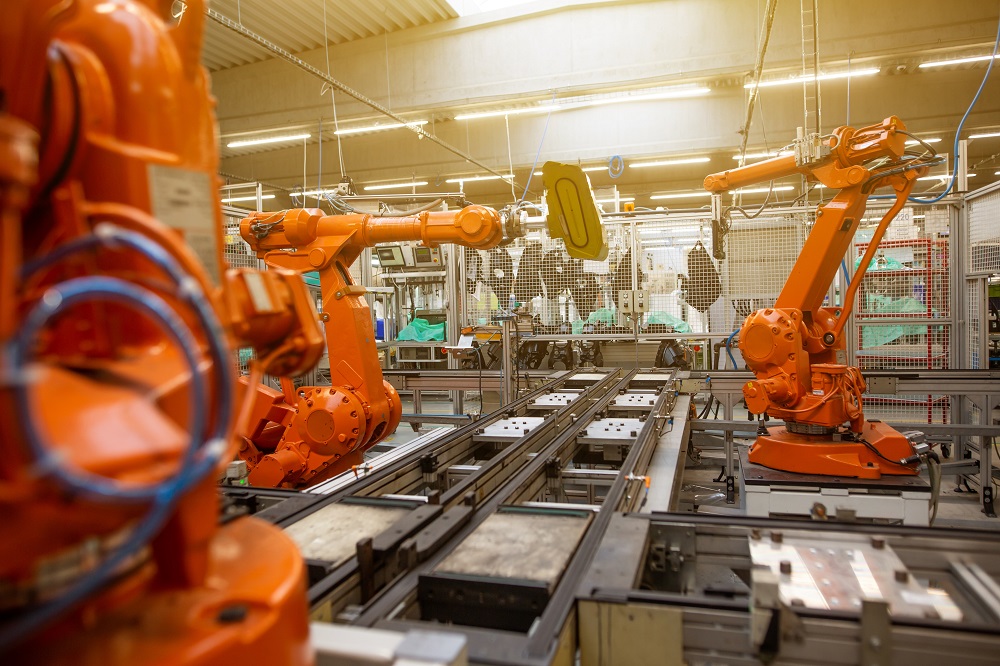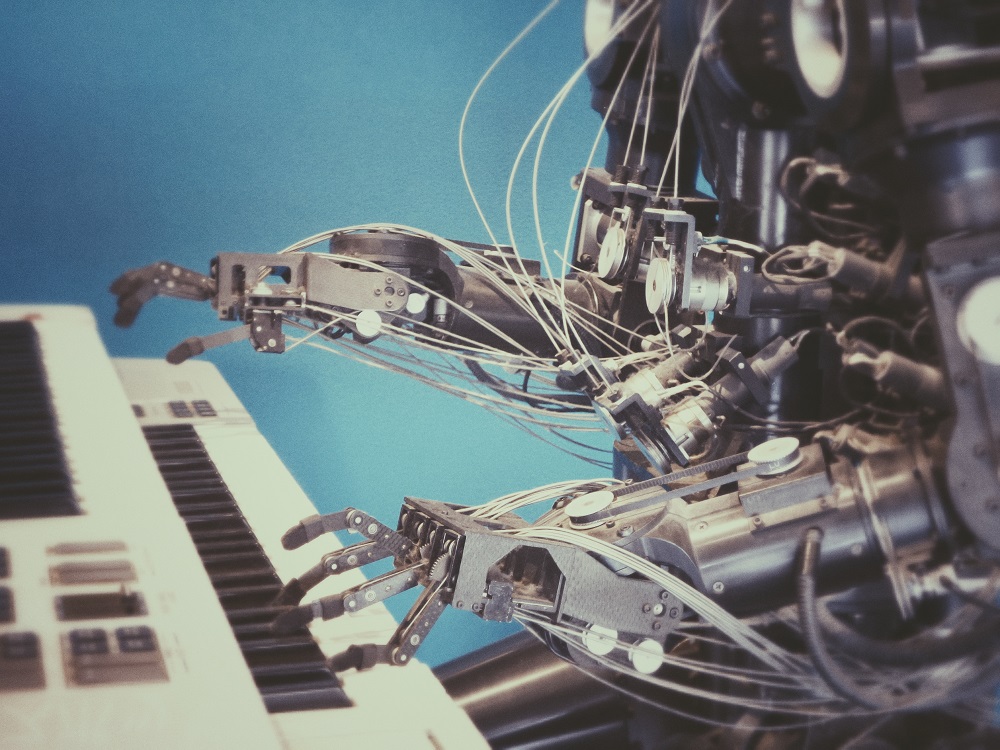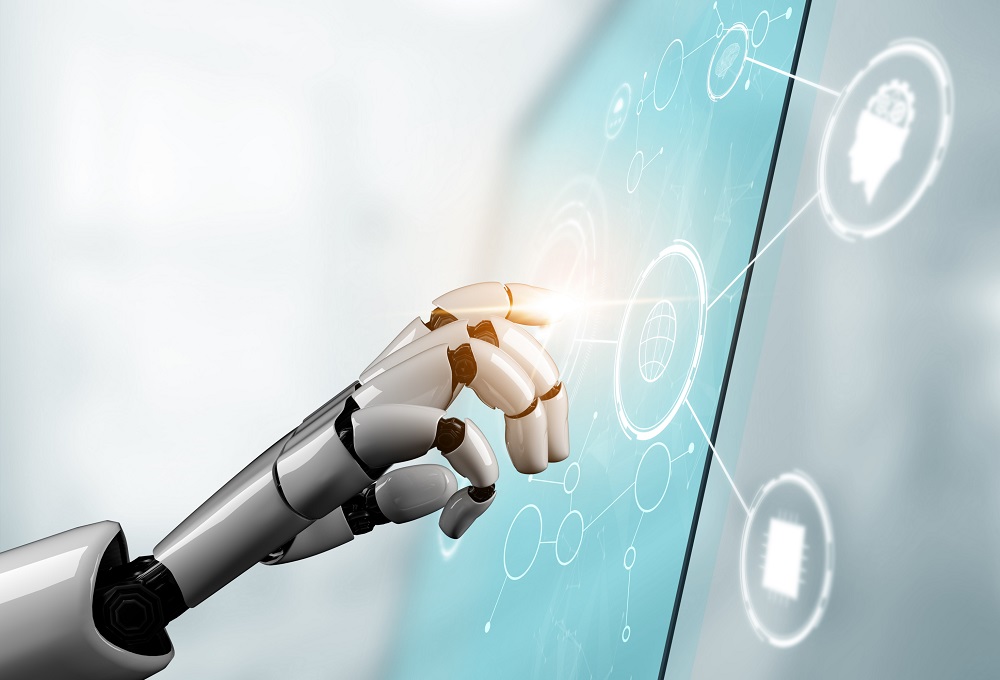When it comes to creating a lucrative business plan in 2020, many business owners are considering intelligent automation as their top priority. Essentially, intelligent automation is the combination of artificial intelligence (AI), machine learning and process automation, which is used to create smart business processes and workflows that think, adapt and learn on their own.
The journey of automating processes primarily started with Robotic Process Automation (RPA), with multiple enterprises investing in RPA over the last couple of years.
Basically, RPA is a technology that allows the configuration of computer software or ‘robots’ to emulate and integrate human interactions within digital systems, with an aim to execute a business process.
However, many businesses are yet to fully reap the benefits of this technology as a Deloitte survey pointed out that a mere 8% of organizations have achieved ‘scale’ with their RPA programs. ‘Scale’ is ideally achieved after deploying over 50 automation.

The main reason for the slow integration and growth of RPA in companies is due to the limitations which result in a minimal impact. Basically, on its own, RPA is incapable of handling the complexities of real-world business scenarios, decision making, unstructured data, and even human interactions.
This has led to the rise of intelligent automation (IA).
Intelligent automation has shown some considerable advancements and improvements in the last few years and is much more capable to tackle the challenges aforementioned. Hence, the use of this technology enables businesses to expand the scope and reach of automation, while achieving it faster. Due to such great results, over 30% of businesses have already invested more than $50 million in their automation initiatives.
However, to reap the benefits of intelligent automation, proper execution and sufficient knowledge are imperative. Unfortunately, many businesses still don’t understand what intelligent automation is and how it can be used to attain success.
Hence, in this article, we will cover the definition of intelligent automation and what trends businesses need to look out for in 2020.
What Is intelligent automation?
While there are many variations to the definition of intelligent automation, McKinsey’s is the closest. According to McKinsey, intelligent automation can be defined as the emerging set of new technologies that combine fundamental process redesigns with robotic process automation and machine learning.
In a nutshell, businesses should make use of machine learning to redesign their processes in order to automate work that was being carried out solely by knowledge workers.
Companies ideally use intelligent automation as a holistic solution to undergo a digital transformation, primarily when it comes to business processing management (BPM), including orchestrating users, tasks, systems, and even robots (RPA), depending on the requirement.
Moreover, it also combines the effectiveness of AI and analytics to make intelligent decisions in an automated manner and provide enough flexibility in processes to ensure end-to-end case management success.
The benefits of intelligent automation
Essentially, intelligent automation makes use of advanced and effective technologies to make faster, and more efficient decisions. Some of the key benefits of intelligent automation are:
- Increased efficiency in processes
- Enhanced customer experience
- Optimization of back-office processes and operations
- Considerable reduction in costs and risks
- Enhancing the work-force productivity
- Increased effectiveness in monitoring and detecting fraud
- The innovation of product and services
- Top Intelligent Automation Trends To Consider
- Adoption Across Successful Business Organizations
Top intelligent automation trends to consider
Adoption across successful business organizations
The one common prediction of IA among every prediction made for 2020 is that almost every top-level company will be making use of it in some form or manner. These companies consist of those listed in the Fortune 500.
The prediction is that these companies will use building blocks of AI, like text analytics or machine learning, with the aim of creating new intelligent automation processes.
Most of these companies are already using RPA in some form, and to enhance the benefits of that, they will turn toward intelligent automation. So, this year, it’s safe to say that the IA – RPA venture, which is considered to be a win-win situation will continue to grow.
The year 2020 is just the beginning point of this trend, though. It is further predicted that by 2024, IA will become an indispensable part for all companies, as it will drive innovative services and increase business values.
The future Of work: skills, jobs & workforce management
While the debate of whether automation will disrupt the job market for people, one thing is for sure; automation and robots will surely change the way we work. The trend isn’t new, though, as RPA and AI have already been inventing new jobs that didn’t exist or disrupting some jobs or fundamentally changing them. With the inclusion of IA, the future of the job market is definitely a work in progress.
Essentially, developers, business analysts, program and project managers who possess RPA skills within industries like IT, BPO, HR, education, insurance, banking, and other, will be in high demand. Companies will be willing to pay higher salaries to these individuals.
Moreover, the digital workforce management will increase in popularity as well. This is because IA promotes the integration and collaboration between digital and human workforce as it leads to improved management of compliance issues, version controls and software robots.
Hence, by adopting IA within their processes, companies will be able to manage, govern, measure, monitor and scale the work between human and digital workforces effectively.
Intelligent automation for enhanced security
Based on the build-up of the last few years, and a couple of months in 2020, it’s no doubt that this decade is going to be ruled by Big Data. With volumes upon volumes of data pouring in, it goes without saying that traditional security approaches will not be effective.
Hence, intelligent automation and RPA will surely play a major role in maintaining global data privacy and upholding government initiatives. They will also help mitigate human errors, as they are highly effective and accurate at managing data-intensive tasks.
This is especially helpful as even malware is using AI to identify network vulnerabilities. Hence, by adopting the latest technologies for security, companies can beat malware at their own game!
RPA will become intelligent
With the introduction of intelligent automation, RPA has become more enhanced and effective, which has resulted in the combination of both; Intelligent Process Automation (IPA).

Basically, RPA and process analytics will be combined together using tools like AI, machine learning, advanced analytics and Optical Character Recognition (OCR). The purpose of this will be to automate as many processes as possible to deliver higher business value and eliminate any ineffectiveness or errors.
As more tools are infused with RPA, the robots will become capable of autonomously monitoring and refining business practices, thereby allowing businesses to automate at a larger scale with higher intelligence.
Unstructured data will be the biggest breakthrough
Multiple studies and surveys show that 80% of most businesses’ data is currently in an unstructured format. This data is present in multiple formats, including text and multimedia files like images, audios, and videos.
There’s no doubt that companies strive to make the best use of this data in an attempt to improve their business value and market share. In fact, the IDC estimates that organizations that analyze and make use of the insights derived from structured and unstructured data can achieve an added $430 billion in productivity as compared to their competitors who don’t.
Due to the use of advanced technologies, like AI and machine learning, intelligent automation will be able to decipher meaningful insights from a company’s unstructured data.
Conclusion
It goes without saying that the automation industry is unpredictable. With hundreds of new discoveries being made on a daily basis, the market is growing rapidly. While these automation trends are currently ruling the industry, it’s imperative to study and analyze the industry continuously to ensure that you’re keeping up with the latest advancements.









